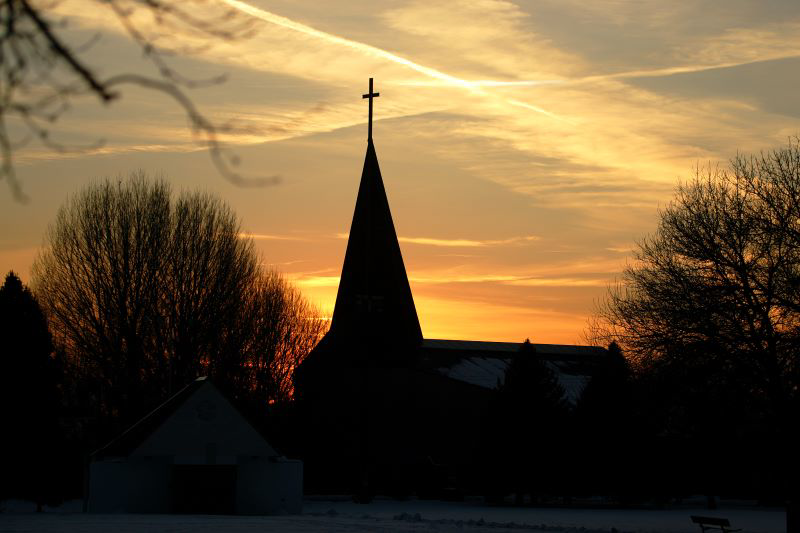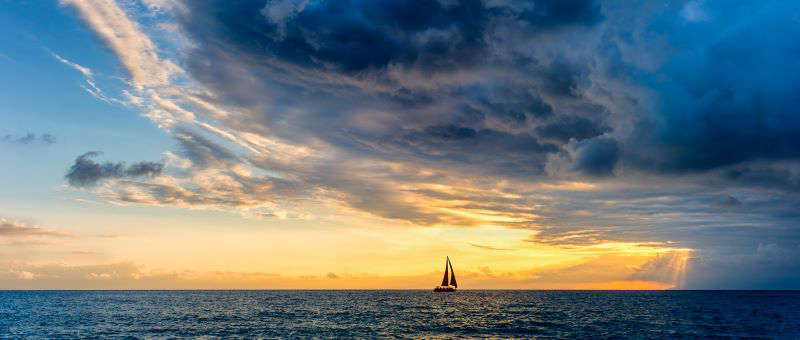Praise the Lord
Sign up for a six month free
trial of The Stand Magazine!
For this reason also, God highly exalted Him, and bestowed on Him the name which is above every name, so that at the name of Jesus every knee will bow, of those who are in heaven and on earth and under the earth, and that every tongue will confess that Jesus Christ is Lord, to the glory of God the Father (Philippians 2:9-11).
Our final full day in Taiwan arrived … and it was truly a full day!
On Friday, December 6, we spent the day at a high school in Shulin, a district in New Taipei City. We presented four times that day, often to two classes at a time. Our first presentation was to a combined group, and it was a little chaotic at first. The second group of students was the Aboriginal class, and they were a few minutes late arriving. The school was having an Aboriginal emphasis that week, and the class had been rehearsing for a presentation of their own.
Taiwanese aboriginal tribes
One of Merriam-Webster’s definitions of aboriginal is: “of or relating to the people who have been in a region from the earliest time” (e.g., Native Americans in the U.S.). Taiwan officially recognizes 16 aboriginal (indigenous Austronesian) tribes; these comprise less than 2.5% of Taiwan’s population, but as many as 90% of aboriginal people are considered to be Christian. The number of evangelical Christians is less than 2% of that number, while other groups included in the 90% are Catholics, mainline Protestant denominations, Mormons, and other Taiwan-based churches.
In a 2019 blog from The Gideons International, Abigail Bass said, “The greatest spiritual challenge facing evangelical Christians in Taiwan remains the vast number of people holding fast to traditional religions such as Buddhism, Taoism, and other folk religions.”
As noted above, the number of Christians within the Aboriginal people groups appears negligible among the millions of people populating the island. However, the presence of Christianity among these tribes signals that the challenges are not insurmountable. Bass said, “One of the more reliable signs of an aboriginal village is the presence of a church building – a welcomed sight for Gideons, as the Church remains a valuable partnership for sharing a message about Jesus Christ with communities across Taiwan.”
His story
Although our team was not allowed to “evangelize” the students we saw in the schools, by Lydia’s count, during our time in Taiwan, we shared Jesus with 456 students – 338 (plus some teachers) on that Friday alone! While we could not give personal testimonies, we did testify to His story during our presentations. Many of those who saw our presentations may have never before heard the true meaning of Christmas.
Christianity in Taiwan
In an internet search on the topic of “Christianity in Taiwan,” I found a 2018 post on a social media site by someone who described himself as a Taiwanese American and Christian who came to faith as a youth while “attending a Taiwanese Presbyterian Church in the US.” A different poster had mentioned the low percentage of Christians in Taiwan (remember, less than 6%) and asked, “Why has Evangelization in Taiwan been largely unsuccessful?”
Part of the response from the Taiwanese American was: “People there are generally aware of Christianity due to historical factors, but that's about it. The Gospel is unknown to most of the population, and it is I think for a certain lack of trying.”
Maybe so … maybe there has been “a certain lack of trying” on the part of Christians over the centuries; I really can’t say. But I think there has been – and still is – much to overcome in reaching the people of Taiwan. Not only have Christian missionaries been driven out at times in the past, but in an about-face, the country has become so tolerant that many people simply include Jesus along with the other gods and ancestors they worship.
Actually, that’s not far removed from American culture, where many people seem to want just enough Jesus to keep them out of Hell, but not enough Jesus to change their here-and-now. But as they say here in the American South (please pardon the grammar) – “It just don’t work that way.”
Only one way
Christianity, or being a disciple of Jesus, is incompatible with any other religion or belief system. It may seem perplexing to those outside of the faith, as it is highly exclusive – yet open to all.
John 14:6 records this statement of exclusivity: Jesus said to him [Thomas], “I am the way, and the truth, and the life; no one comes to the Father but through Me.”
That is exclusive. No one means … no one. There is no human (living or deceased) – not one – who can get to God without going through the door named Jesus.
And yet …
Then Jesus said to His disciples, “If anyone wishes to come after Me, he must deny himself, and take up his cross and follow Me. For whoever wishes to save his life will lose it; but whoever loses his life for My sake will find it.” – Matthew 16:24-25
Notice here, Jesus says “anyone” and “whoever.”
No one … but whoever; exclusive … yet wide open to anyone who will “take up his cross.”
“Praise the Lord”
During Jan’s portion of the presentation, she talked about the Nativity – the birth story of Jesus – so she mentioned the angels praising God. At some point during that first Friday presentation, one of the girls from the Aboriginal class began singing something in Chinese. When our time with them was almost over, this young lady asked if their group could share the song with the class. Although a few of them had left early, the others wanted to sing, and the teachers gave their approval. So, the Aboriginal students began to sing in Chinese.
Of course, Jan and I had no idea what they were singing … until they came to one word that we knew very well. This is what it looks like in traditional Chinese characters: 哈利路亞.
See if you recognize it in this brief recording from that day.
Later, Lydia told our team, “I teased them that the angels were probably singing the same song the night He was born, but a bit better.” The Aboriginal students leading that song in the classroom was a miracle itself; we could not have asked them to sing it, but because they asked, the teachers allowed it. Not only that, but the Aboriginal students encouraged the other class to sing along! I don’t know if you heard the volume increase or not, but due to this young lady’s encouragement, some of the others joined in! Were they sincere? If you could see the video, you would know that many were not singing the words out of any sense of worship or faith, and some just sat there unaffected. (It reminded me of many Americans in our worship services …)
One day, though, “Every tongue will confess that Jesus Christ is Lord.”
Please pray with me that every student and teacher who heard the story of Jesus during the Christmas (and Easter) presentations will confess Jesus as Savior and Lord – on this side of eternity.
Praise the Lord
We have come to worship and to praise You with our songs
You are always worthy of our praise
Celebrate together to lift up Jesus’ name
Hallelujah
Praise the Lord, Hallelujah (Oh)
Praise the Lord, Hallelujah
Hallelujah
Praise the Lord, Hallelujah (Oh)
Praise the Lord, Hallelujah
Hallelujah
Here is a link to the full song as performed by a worship band.

Sign up for a free six-month trial of
The Stand Magazine!
Sign up for free to receive notable blogs delivered to your email weekly.



















